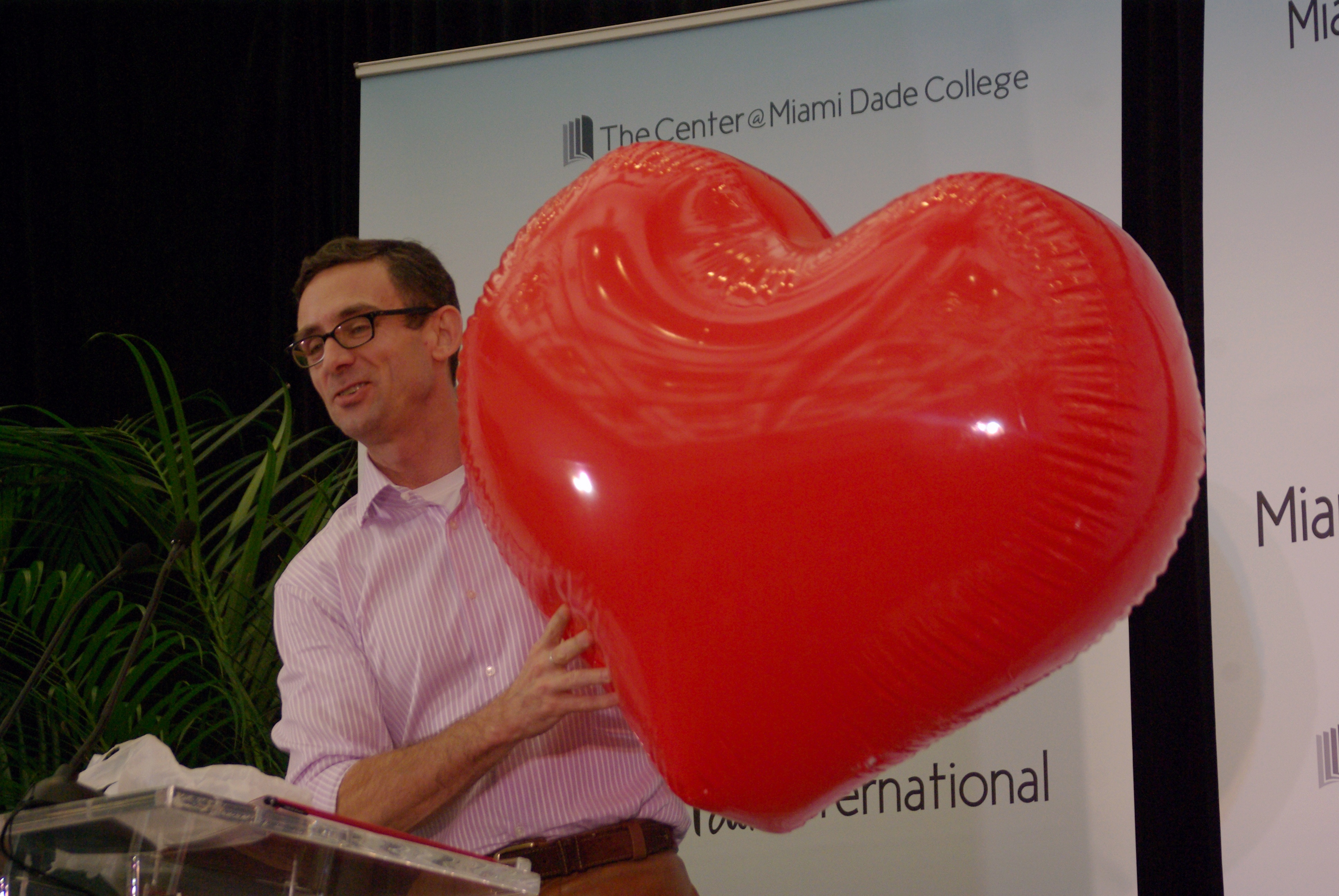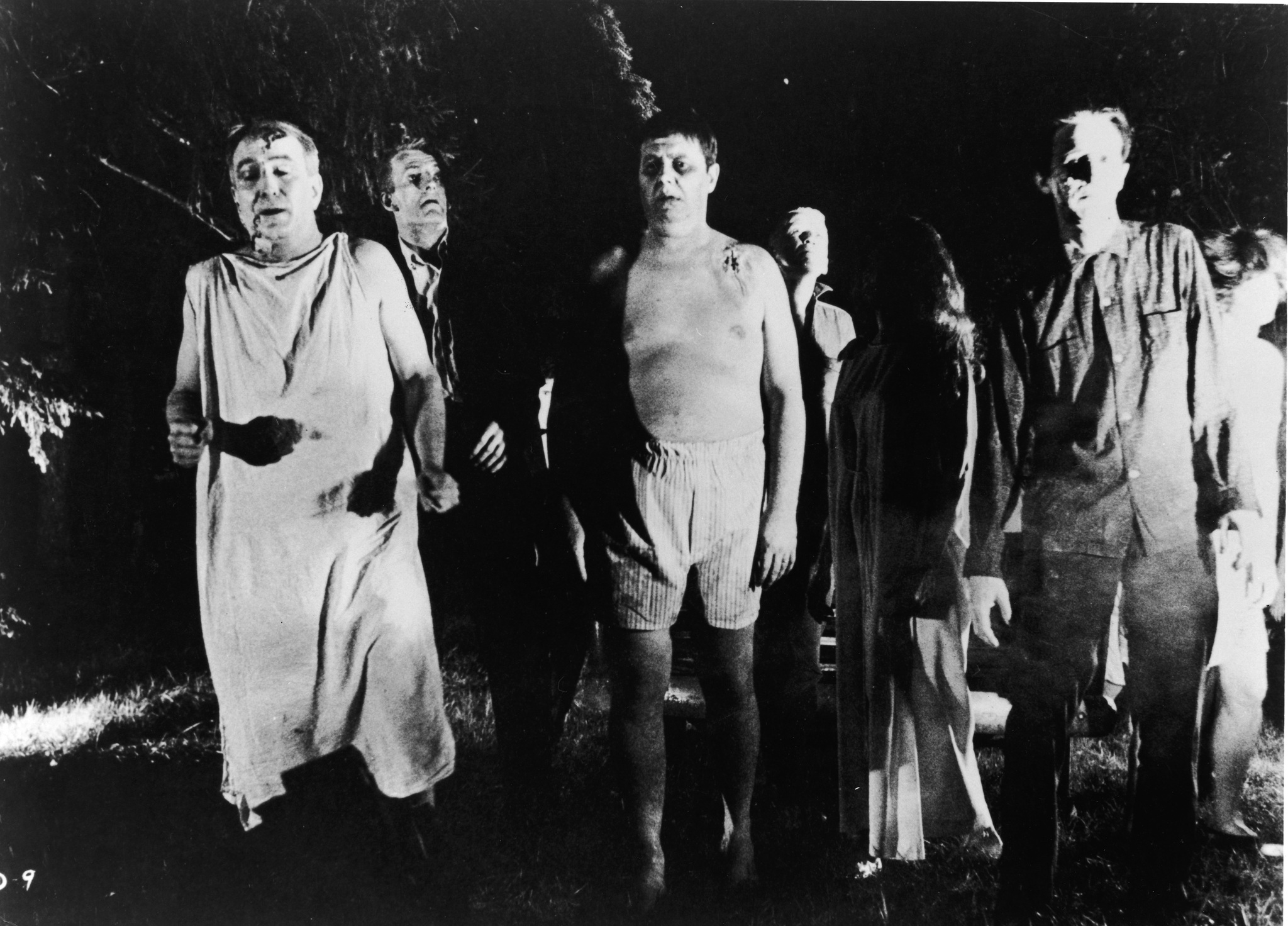|
Rant (novel)
''Rant: An Oral Biography of Buster Casey'' is a novel by Chuck Palahniuk released on May 1, 2007. Palahniuk has indicated that ''Rant'' is the first in what will become a three-book series. ''Rant'' is told in the form of an oral biography. When the story begins, the reader discovers that the main character, Buster Landru "Rant" Casey, is already deceased. Throughout the book various people discuss their memories of Buster and the world he lived in, presenting stories in an occasionally conflicting timeline. The paperback edition became a national bestseller in May 2008 and remained on the ''New York Times'' Paperback Fiction Bestseller List for six weeks. Author and anthropologist Victor Turner is briefly quoted as one of the contributors. Plot summary Buster Casey is born in the rural town of Middleton with the senses of smell and taste far more advanced than other humans. He acquires the nickname Rant from a childhood prank involving animal organs which results in numero ... [...More Info...] [...Related Items...] OR: [Wikipedia] [Google] [Baidu] |
Chuck Palahniuk
Charles Michael "Chuck" Palahniuk (; born February 21, 1962) is an American freelance journalist and novelist who describes his work as transgressional fiction. He has published 19 novels, three nonfiction books, two graphic novels, and two adult coloring books, as well as several short stories. His first published novel was ''Fight Club'', which was adapted into a film of the same title. Early life Palahniuk was born in Pasco, Washington, the son of Carol Adele (née Tallent) and Fred Palahniuk. He has French and Ukrainian ancestry. His paternal grandfather migrated from Ukraine to Canada and then to New York in 1907. Palahniuk grew up living in a mobile home in Burbank, Washington. His parents separated when he was 14 years old, and they subsequently divorced, often leaving him and his three siblings to live with their maternal grandparents at their cattle ranch in eastern Washington. Palahniuk acknowledged in a 2007 interview that he is a distant nephew of actor Jack Palance ... [...More Info...] [...Related Items...] OR: [Wikipedia] [Google] [Baidu] |
Vomit
Vomiting (also known as emesis and throwing up) is the involuntary, forceful expulsion of the contents of one's stomach through the mouth and sometimes the nose. Vomiting can be the result of ailments like food poisoning, gastroenteritis, pregnancy, motion sickness, or hangover; or it can be an after effect of diseases such as brain tumors, elevated intracranial pressure, or overexposure to ionizing radiation. The feeling that one is about to vomit is called nausea; it often precedes, but does not always lead to vomiting. Impairment due to alcohol or anesthesia can cause inhalation of vomit, leading to suffocation. In severe cases, where dehydration develops, intravenous fluid may be required. Antiemetics are sometimes necessary to suppress nausea and vomiting. Self-induced vomiting can be a component of an eating disorder such as bulimia, and is itself now classified as an eating disorder on its own, purging disorder. Complications Aspiration Vomiting is dangerous if ... [...More Info...] [...Related Items...] OR: [Wikipedia] [Google] [Baidu] |
Novels About Time Travel
A novel is a relatively long work of narrative fiction, typically written in prose and published as a book. The present English word for a long work of prose fiction derives from the for "new", "news", or "short story of something new", itself from the la, novella, a singular noun use of the neuter plural of ''novellus'', diminutive of ''novus'', meaning "new". Some novelists, including Nathaniel Hawthorne, Herman Melville, Ann Radcliffe, John Cowper Powys, preferred the term "romance" to describe their novels. According to Margaret Doody, the novel has "a continuous and comprehensive history of about two thousand years", with its origins in the Ancient Greek and Roman novel, in Chivalric romance, and in the tradition of the Italian renaissance novella.Margaret Anne Doody''The True Story of the Novel'' New Brunswick, NJ: Rutgers University Press, 1996, rept. 1997, p. 1. Retrieved 25 April 2014. The ancient romance form was revived by Romanticism, especially the historica ... [...More Info...] [...Related Items...] OR: [Wikipedia] [Google] [Baidu] |
Novels By Chuck Palahniuk
A novel is a relatively long work of narrative fiction, typically written in prose and published as a book. The present English word for a long work of prose fiction derives from the for "new", "news", or "short story of something new", itself from the la, novella, a singular noun use of the neuter plural of ''novellus'', diminutive of ''novus'', meaning "new". Some novelists, including Nathaniel Hawthorne, Herman Melville, Ann Radcliffe, John Cowper Powys, preferred the term "romance" to describe their novels. According to Margaret Doody, the novel has "a continuous and comprehensive history of about two thousand years", with its origins in the Ancient Greek and Roman novel, in Chivalric romance, and in the tradition of the Italian renaissance novella.Margaret Anne Doody''The True Story of the Novel'' New Brunswick, NJ: Rutgers University Press, 1996, rept. 1997, p. 1. Retrieved 25 April 2014. The ancient romance form was revived by Romanticism, especially the historica ... [...More Info...] [...Related Items...] OR: [Wikipedia] [Google] [Baidu] |
2007 American Novels
7 (seven) is the natural number following 6 and preceding 8. It is the only prime number preceding a cube. As an early prime number in the series of positive integers, the number seven has greatly symbolic associations in religion, mythology, superstition and philosophy. The seven Classical planets resulted in seven being the number of days in a week. It is often considered lucky in Western culture and is often seen as highly symbolic. Unlike Western culture, in Vietnamese culture, the number seven is sometimes considered unlucky. It is the first natural number whose pronunciation contains more than one syllable. Evolution of the Arabic digit In the beginning, Indians wrote 7 more or less in one stroke as a curve that looks like an uppercase vertically inverted. The western Ghubar Arabs' main contribution was to make the longer line diagonal rather than straight, though they showed some tendencies to making the digit more rectilinear. The eastern Arabs developed the digit fr ... [...More Info...] [...Related Items...] OR: [Wikipedia] [Google] [Baidu] |
James Franco
James Edward Franco (born April 19, 1978) is an American actor and filmmaker. For his role in '' 127 Hours'' (2010), he was nominated for an Academy Award for Best Actor. Franco is known for his roles in films, such as Sam Raimi's ''Spider-Man'' trilogy (2002–2007), ''Milk'' (2008), ''Eat, Pray, Love'' (2010), ''Rise of the Planet of the Apes'' (2011), ''Spring Breakers'' (2012), and ''Oz the Great and Powerful'' (2013). He is known for his collaborations with fellow actor Seth Rogen, having appeared in eight films and one television series with him, examples being ''Pineapple Express'' (2008), ''This Is the End'' (2013), ''Sausage Party'' (2016), and ''The'' ''Disaster'' ''Artist'' (2017), for which he won a Golden Globe Award for Best Actor. Franco is also known for his work on television where his first prominent acting role was the character Daniel Desario on the short-lived ensemble comedy-drama ''Freaks and Geeks'' (1999–2000), which developed a cult following. He ... [...More Info...] [...Related Items...] OR: [Wikipedia] [Google] [Baidu] |
Incest
Incest ( ) is human sexual activity between family members or close relatives. This typically includes sexual activity between people in consanguinity (blood relations), and sometimes those related by affinity (marriage or stepfamily), adoption, or lineage. It is strictly forbidden and considered immoral in most societies, and can lead to an increased risk of genetic disorders in children. The incest taboo is one of the most widespread of all cultural taboos, both in present and in past societies. Most modern societies have laws regarding incest or social restrictions on closely consanguineous marriages. In societies where it is illegal, consensual adult incest is seen by some as a victimless crime. Some cultures extend the incest taboo to relatives with no consanguinity such as milk-siblings, step-siblings, and adoptive siblings, albeit sometimes with less intensity. Third-degree relatives (such as half-aunt, half-nephew, first cousin) on average have 12.5% common genetic heri ... [...More Info...] [...Related Items...] OR: [Wikipedia] [Google] [Baidu] |
Zombie
A zombie (Haitian French: , ht, zonbi) is a mythological undead corporeal revenant created through the reanimation of a corpse. Zombies are most commonly found in horror and fantasy genre works. The term comes from Haitian folklore, in which a ''zombie'' is a dead body reanimated through various methods, most commonly magic like voodoo. Modern media depictions of the reanimation of the dead often do not involve magic but rather science fictional methods such as carriers, radiation, mental diseases, vectors, pathogens, parasites, scientific accidents, etc. The English word "zombie" was first recorded in 1819, in a history of Brazil by the poet Robert Southey, in the form of "zombi"."Zombie" in |
Epidemic
An epidemic (from Ancient Greek, Greek ἐπί ''epi'' "upon or above" and δῆμος ''demos'' "people") is the rapid spread of disease to a large number of patients among a given population within an area in a short period of time. Epidemics of infectious diseases are generally caused by several factors including a significant change in the ecology of the areal population (e.g., increased stress maybe additional reason or increase in the density of a vector species), the introduction of an emerging pathogen to an areal population (by movement of pathogen or host) or an unexpected genetic change that is in the pathogen reservoir. Generally, epidemics concerns with the patterns of infectious disease spread. An epidemic may occur when host immunity to either an established pathogen or newly emerging novel pathogen is suddenly reduced below that found in the endemic equilibrium and the transmission threshold is exceeded. For example, in meningococcal infections, an attack rate in ... [...More Info...] [...Related Items...] OR: [Wikipedia] [Google] [Baidu] |
Rabies
Rabies is a viral disease that causes encephalitis in humans and other mammals. Early symptoms can include fever and tingling at the site of exposure. These symptoms are followed by one or more of the following symptoms: nausea, vomiting, violent movements, uncontrolled excitement, fear of water, an inability to move parts of the body, confusion, and loss of consciousness. Once symptoms appear, the result is virtually always death, regardless of treatment. The time period between contracting the disease and the start of symptoms is usually one to three months but can vary from less than one week to more than one year. The time depends on the distance the virus must travel along peripheral nerves to reach the central nervous system. Rabies is caused by lyssaviruses, including the rabies virus and Australian bat lyssavirus. It is spread when an infected animal bites or scratches a human or other animals. Saliva from an infected animal can also transmit rabies if the saliva come ... [...More Info...] [...Related Items...] OR: [Wikipedia] [Google] [Baidu] |
Demolition Derby
Demolition derby is a non-racing motorsport usually presented at county fairs and festivals. While rules vary from event to event, the typical demolition derby event consists of five or more drivers competing by deliberately ramming their vehicles into one another. The last driver whose vehicle is still operational is awarded the victory. Demolition derbies originated in the United States and quickly spread to other Western nations. For example, Australia's first demolition derby took place in January 1963. In the UK and parts of Europe, demolition derbies (sometimes called "destruction derbies") are often held at the end of a full day of banger racing. In demolition derbies, serious injuries such as whiplash Whiplash may refer to: * The long flexible part of a whip * Whiplash (medicine), a neck injury ** Whiplash Injury Protection System (WHIPS), in automobiles Film and television * ''Whiplash'' (1948 film), a US film noir about a boxer * ''Whiplas ... are rare but they do ... [...More Info...] [...Related Items...] OR: [Wikipedia] [Google] [Baidu] |
Curfew
A curfew is a government order specifying a time during which certain regulations apply. Typically, curfews order all people affected by them to ''not'' be in public places or on roads within a certain time frame, typically in the evening and nighttime hours. Such an order may be issued by public authorities but also by the owner of a house to those living in the household. For instance, an au pair was typically given a curfew, which regulates when they must return to the host family's home in the evening. Curfews were a common element of control used in martial law, though curfews can also be implemented for public safety in the event of a disaster, pandemic, or crisis. Etymology The word "curfew" comes from the Old French phrase "''couvre-feu''", which means "cover fire". It was later adopted into Middle English as "curfeu", which later became the modern "curfew". Its original meaning refers to a law made by William the Conqueror that all lights and fires should be covere ... [...More Info...] [...Related Items...] OR: [Wikipedia] [Google] [Baidu] |







